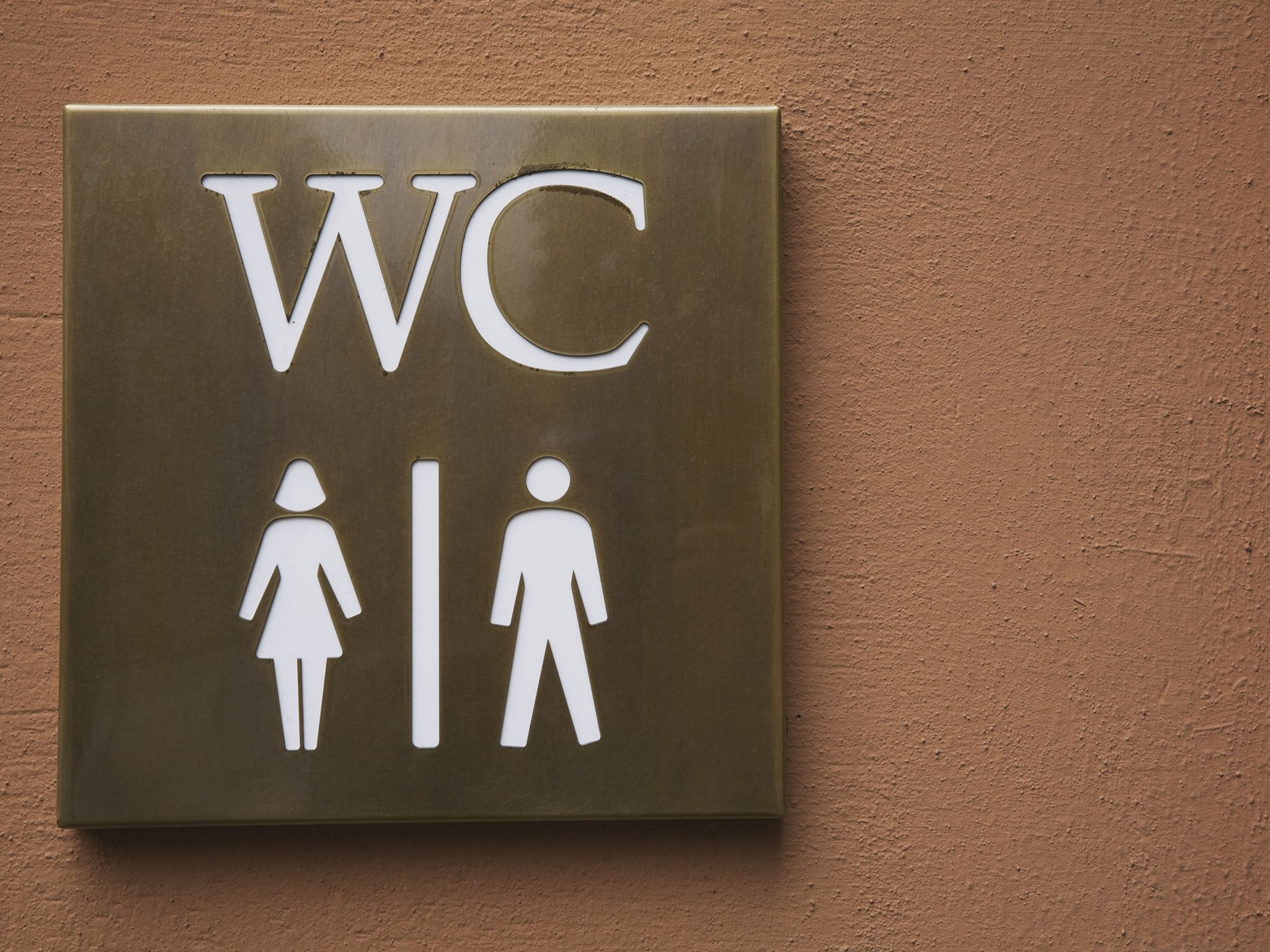Councils are shrugging their responsibility to provide public toilets
The cost of providing hygienic public toilets is not insignificant – and small businesses will bear the brunt

Your support helps us to tell the story
From reproductive rights to climate change to Big Tech, The Independent is on the ground when the story is developing. Whether it's investigating the financials of Elon Musk's pro-Trump PAC or producing our latest documentary, 'The A Word', which shines a light on the American women fighting for reproductive rights, we know how important it is to parse out the facts from the messaging.
At such a critical moment in US history, we need reporters on the ground. Your donation allows us to keep sending journalists to speak to both sides of the story.
The Independent is trusted by Americans across the entire political spectrum. And unlike many other quality news outlets, we choose not to lock Americans out of our reporting and analysis with paywalls. We believe quality journalism should be available to everyone, paid for by those who can afford it.
Your support makes all the difference.We’ve all been there. Out and about in town, picking up a sandwich and a drink at a food stall or takeaway cafe, a quick stop for the bathroom – and discovering that there isn’t one.
Thanks to a High Court ruling requiring two branches of Greggs, the high street purveyor of affordable pies and cakes, to provide toilet facilities to their customers, thousands of small food shops which offer some seating may now be forced to follow suit.
The lack of toilets available in British towns and cities is a matter of genuine and urgent concern. Life for those living with medical conditions or other circumstances (heavily pregnant women, for example) that mean they rely on easy access to a bathroom at short notice can be frustrating, painful and frankly embarrassing, especially given the lack in investment in facilities for all provided by local councils in a bid to save money. Restaurants have become a regular pit stop for those who simply can’t wait until they get home.
Until now, only cafes with 10 or more seats were expected to provide a customer toilet. More toilets available at local eateries would, indeed, be welcome. But the unhappy effect of this legal decision will not be to provide more comfortable cafes for our towns and cities, but far fewer.
Even the director of the British Toilet Association, Raymond Martin – who surely has a vested interest in seeing a rise in the number of British bogs – admits it will lead to the closing down of independent food outlets that cannot afford to put in new facilities. Who exactly is that helping?
The cost of providing hygienic public toilets is not insignificant, and this is why local authorities have shrunk away from their responsibilities in straitened times, with a loss of 40 per cent of those services in a decade. Just like the legal ruling over Greggs the Baker, that decision places commerce over comfort.
Yet, unlike other council services which have been farmed out to private contractors, there’s no profit to be made from running clean and safe services where good citizens can spend a penny; the only benefit is in the sum of human health and happiness. What a shame that is, in itself, no longer a driving factor in the decisions taken by out councils.
Join our commenting forum
Join thought-provoking conversations, follow other Independent readers and see their replies
Comments